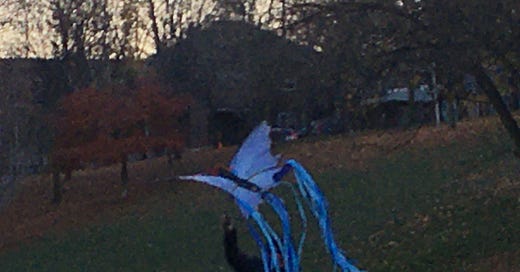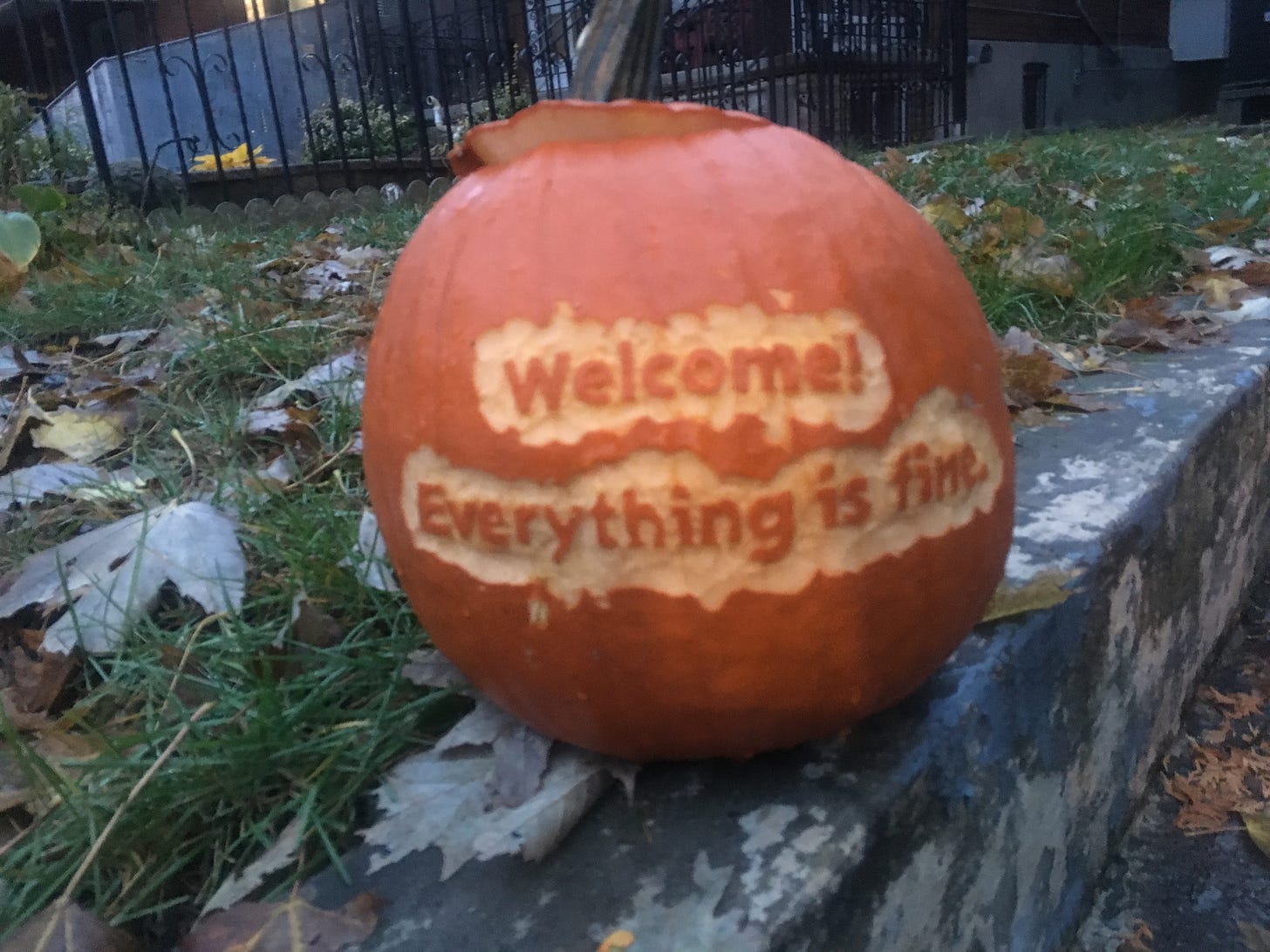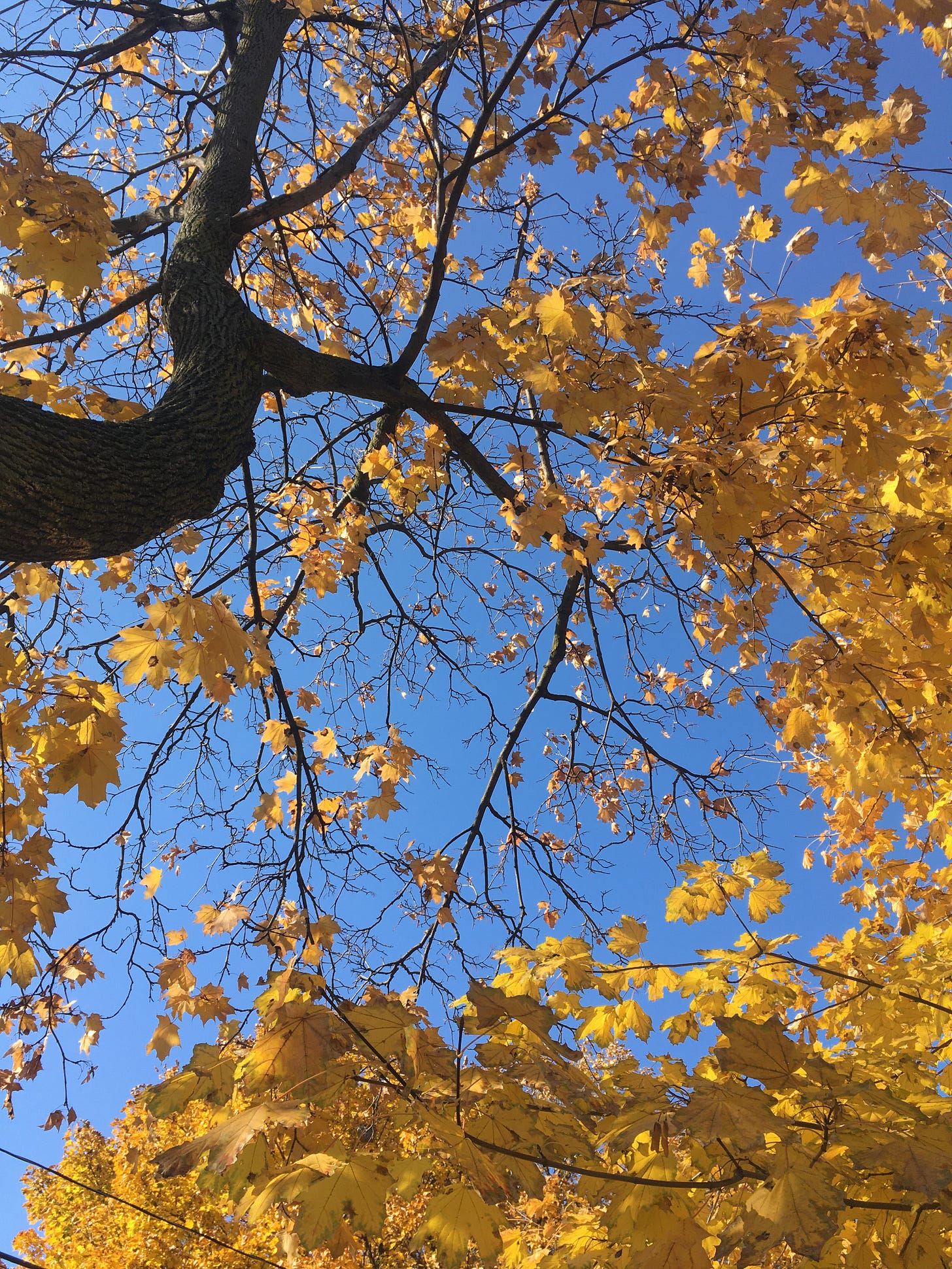Dear Gentle Readers,
I won’t be giving you a Sunday essay today because I cannot stop thinking about Gaza, where hospitals are being bombed as I write this and, in the words of Avi Dichter, Israel’s Minister for Agriculture, the country is “now actually rolling out the Gaza Nakba". To quote from another reliable source, Defense Minister Yoav Gallant warned that civilians in Lebanon would be punished if Hezbollah escalates, saying “all the citizens of Lebanon will pay the price” and that “what we do in Gaza we know how to do in Beirut”—specifically, as he thus explains, collective punishment (which of course he described, when beginning it, as “no electricity, no food, no fuel, everything is closed,” adding that “we are fighting human animals and we are acting accordingly.”)
Israeli President Isaac Herzog said in a speech a couple of weeks ago,
It’s an entire nation out there that is responsible. This rhetoric about civilians not aware, not involved, it’s absolutely not true. They could’ve risen up, they could have fought against that evil regime.
Although I am not sure how the premature babies who have been disconnected from their incubators, after a month of doctors warning about this inevitability were the total siege to continue, would operationalize such an uprising.
On Twitter, Prime Minister Benjamin Netanyahu described Palestinians as ‘children of darkness’, writing, “this is a struggle between the children of light and the children of darkness, between humanity and the law of the jungle.” When asked "what about those Palestinians who are in hospital on life support & babies in incubators that will have to be turned off because Israelis have cut the power to Gaza?" former Israeli-prime minister Naftali Bennett said, "Are you seriously asking me about Palestinian civilians? What’s wrong with you?"
This is also a kind of literature. Hate literature. Horror literature. Literature that shapes and terminates experience in unbearable ways, and that shuts down the narration of it, or tries. The effects of this literature threaten to cast the beloved memories of civilians massacred by Hamas into shadow. Instead of mourning the 1200 Israeli civilians and the 11,000+ Palestinian civilians killed since October 7th, the world is watching literally moment-to-moment (or averting their eyes, humming loudly) the starvation, bombing, and forced resettlement to disease-ridden camps of 2.3 million people, forty per cent of them under the age of 14—and of course has resulted in the deaths of hostages as they are bombed by their own country. Meanwhile, many of the family members of hostages have stressed their opposition to a campaign of revenge.
Palestinians in Gaza have been documenting the bombings as they happen; documenting their lives huddled in apartments: adults, children, cats unsafe inside and unsafe out; documenting the march on foot of starving people to the south, hoping to be among those not bombed on the way, or when they get there (some who followed orders to flee south but were then bombed returned north to die, they said, in their own homes. Only, those homes being destroyed, some took shelter on the grounds of Al-Shifa Hospital, where an ambulance convoy carrying critically sick patients was hit in a direct Israeli strike last week and where conditions grow ever worse. More recently, the hospital itself has been under bombardment, according to Reuters, with the Guardian describing an unbelievable scene.
One short, authentic cell-phone snippet which, though I don’t speak or read Arabic, seems to garner consistently similar translations, will not leave my mind. Whenever a residential building is bombed, people rush to haul out whoever they can from the rubble. In this chaotic video, we see men carrying one dust-covered child from the scene on a stretcher. The translations I have seen all say essentially the same thing. The child, who must have witnessed many similar events involving other children and asked where they were going, asked one of her rescuers,
“Uncle, are you taking me to the cemetery?” The response: “Cemetery, what cemetery! Look at you, you are alive and beautiful like the moon.”
And with people shouting everywhere as they move through the rubble of what was once homes and lives, families, pets, babies, grandparents, dreams, they disappear from the frame.
This is another kind of story. Like the others, it is a true story. Remember it, because we are now all witnesses and we are responsible for keeping extinguished memories and experiences alive—one of the lessons I took from my obsessive reading of Holocaust narratives from late childhood on, along with the one about ‘never again’, for anyone.
Every year when I celebrate Passover with family and with friends (except for the last two years, as COVID has remained a danger, but I couldn’t bear another Zoom event after the first crushing pandemic years), we talk about the duty to remember and to re-tell, in reference to the ancient Jewish people’s story of the Exodus, in which the Pharaoh of Egypt fears the Egyptians will be outnumbered by the Jews who live and thrive as their neighbours. He therefore forces them into slavery and decrees the drowning of every male Jewish child.
We—Jews, and those among my non-Jewish friends who have joined me, some since 1997, in the seder I held with friends—are called to remember this massacre and the slow genocide this would represent, as well as the struggle to achieve freedom, and, when struggle for freedom results in renewed oppression and punishment, even as the Pharaoh’s refusal to respond to the Jews’ demands for civil and human rights forces an escalation in their resistance (with the help of God) from mere attacks of boils to plagues of locust and cattle disease, darkness and the death of every Egyptian first-born, to remember the fundamental human urge for freedom, and the Jews’ dramatic escape—essentially a forced resettlement to the desert, given that the alternative is slavery and, at this point, probably fast genocide.
We are to remember this story and tell it to the next generation every year so that it will never be forgotten. This year, and every subsequent year that I honour this obligation to retell the story of liberation, I will tell the story of a Palestinian child who is covered in the dust of her home—but alive and beautiful like the moon.
But for now, I must join others calling desperately for a ceasefire so that any surviving children of Gaza, including the real child from that video, can tell their stories for themselves.
I’ll see my dear patrons on Friday. I’ll see the rest of you on Sunday.
-Carlyn






